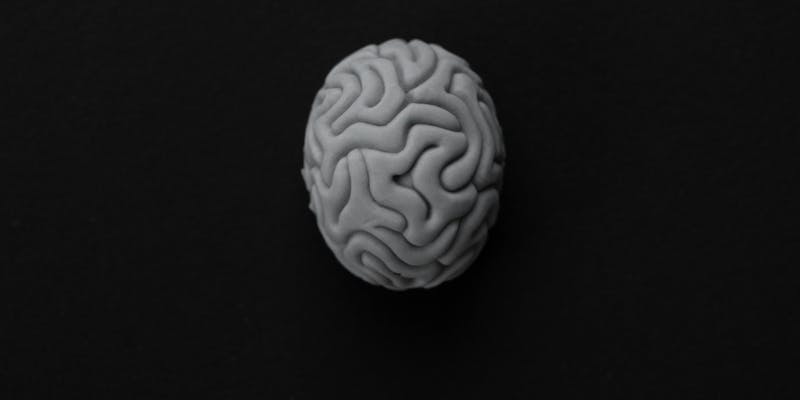The human body critically relies on protein, an indispensable macronutrient for a multitude of physiological functions. A deficiency in this crucial element can profoundly impact health and influence numerous aspects of well-being. This article explores the complex consequences of insufficient protein intake, ranging from muscle weakness to compromised immune function.
1. Muscle Atrophy and Weakness
Muscle atrophy, weakness, and fatigue represent the primary consequences of protein deficiency. Muscles rely on proteins as their building blocks. Thus, in instances where intake falls short, the body resorts to breaking down muscle tissue for energy production. This process potentially yields decreased muscle mass, and compromised strength, thereby increasing vulnerability to injuries.
Not only do skeletal muscles suffer from insufficient protein intake, but also the smooth muscles supporting diverse internal organs are impacted. Such muscles play a vital role in functions such as digestion and circulation. Thus, their weakening can lead to digestive complications and compromised cardiovascular health. This underscores the systemic impact of protein deficiency, accentuating how crucial it is to maintain overall muscular health through a well-balanced diet.
- Protein Quality Matters: Ensure diverse protein sources for a complete amino acid profile.
- Gradual Exercise: Introduce gradual exercise to prevent muscle strain during recovery.
2. Impaired Immune Function
Playing a pivotal role in supporting the immune system, proteins aid the production of antibodies and immune cells. Without an adequate supply of protein, however, the body's ability to mount an effective defense against infections is compromised. Consequently, individuals may become more susceptible to illnesses and experience delays in their recovery processes due to compromised immune function from protein deficiency.

Proteins, beyond antibody production, actively regulate inflammatory responses. Insufficient levels of protein may interrupt this regulation and result in chronic inflammation, a contributing factor to an array of health problems. We must comprehend the complex links between protein intake and immune function. This highlights why maintaining a balanced diet is crucial for bolstering our body's defense mechanisms.
- Avoid Over-Exercising: Intense workouts may further stress the weakened immune system.
- Diverse Nutrient Intake: Combine proteins with a range of vitamins and minerals for immune support.
3. Edema and Fluid Imbalance
Edema is a condition defined by fluid accumulation in tissues, particularly the extremities, and may result from protein deficiency. Proteins play a crucial role in maintaining body fluid balance through their regulation of osmotic pressure. Insufficient levels of proteins lead to fluid leakage into surrounding tissues and consequently induce swelling. Edema can adversely affect mobility and contribute to discomfort.
Protein deficiency not only affects peripheral tissues but also disrupts fluid balance in vital organs, leading to internal edema. This condition strains crucial internal structures such as the heart and kidneys, underlining systemic repercussions of insufficient protein intake. The necessity to address protein deficiency extends beyond mere external comfort. It is a critical element for maintaining optimal functionality within our bodies.
- Hydration Management: Proper hydration helps maintain fluid balance, supporting protein functions.
- Consult a Professional: Persistent edema may require medical attention for underlying issues.
4. Skin, Hair, and Nail Issues
The maintenance of skin, hair, and nails requires proteins. A deficiency may result in diverse dermatological issues, dry and flaky skin, brittle hair, and fragile nails. Ingesting insufficient protein impedes the synthesis of crucial structural proteins. This then affects both the health and appearance of these external features.
Protein deficiency indeed plays a part in external issues. However, we must acknowledge the pivotal role of other nutrients, notably, omega-3 fatty acids that bolster skin health and biotin which contributes to hair and nail strength. To ensure vibrant skin, and lustrous hair, an indispensable element is a holistic approach to nutrition encompassing various essential components.
- Collagen Boosters: Collagen supplements may aid in skin elasticity and hair and nail strength.
- Balanced Fats: Omega-3-rich foods contribute to overall skin health.
5. Cognitive Impairment
In the synthesis of neurotransmitters, the critical chemical messengers that enable communication between nerve cells, proteins wield a crucial role. Any deficiency can precipitate imbalances in neurotransmitter levels. This shortfall potentially contributes to cognitive impairment. Insufficient protein intake manifests as memory issues, difficulty concentrating, and mood disturbances among other cognitive effects.
Proteins not only facilitate the synthesis of neurotransmitters but also aid in myelin formation, a protective coating around nerve fibers. A protein deficiency could compromise this vital sheath, thereby interfering with nerve signal transmission and adding to cognitive difficulties. Understanding the diverse role that proteins play in brain health underscores our need for an all-encompassing diet to bolster cognitive function.
- Mindful Supplementation: Consult a healthcare professional before considering protein supplements.
- Regular Brain Exercises: Mental stimulation aids in maintaining cognitive function.
6. Impact on Bone Health
Adequate protein intake intricately links to the structural integrity of bones. A deficiency in this essential macronutrient can adversely affect bone health. It leads to issues such as osteoporosis and increases susceptibility to fractures. By aiding in the synthesis of collagen which is a key structural protein in bones, proteins contribute significantly towards the formation and maintenance of bone density.

Recognizing the vital role that proteins play in maintaining bone health underscores that a well-balanced diet's importance to support overall skeletal well-being. Protein deficiency not only compromises bone density. It also impairs body repair and regeneration capabilities of bone tissue. This impairment hinders fracture healing processes, consequently increasing risks over time for musculoskeletal problems' development.
- Calcium Synergy: Protein works synergistically with calcium for optimal bone health.
- Weight-Bearing Exercises: Combine adequate protein intake with weight-bearing exercises for stronger bones.
Conclusion
To conclude, the impacts of protein deficiency reach far beyond simple dietary concerns; they affect multiple facets of health and well-being. The consequences, from muscular and dermal structural integrity to immune function intricacies, and even cognitive processes highlight this macronutrient's indispensable role in optimizing health. The key to fostering a resilient, healthy body is recognizing and addressing protein deficiencies.







